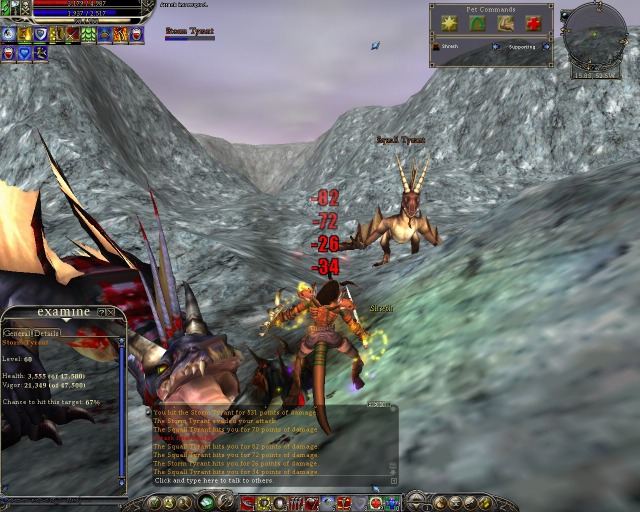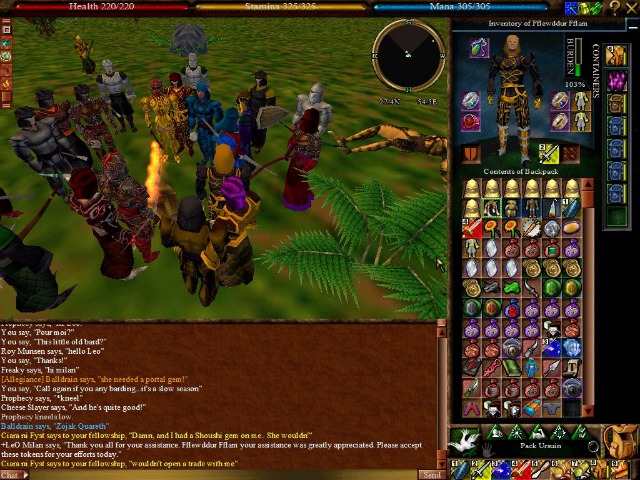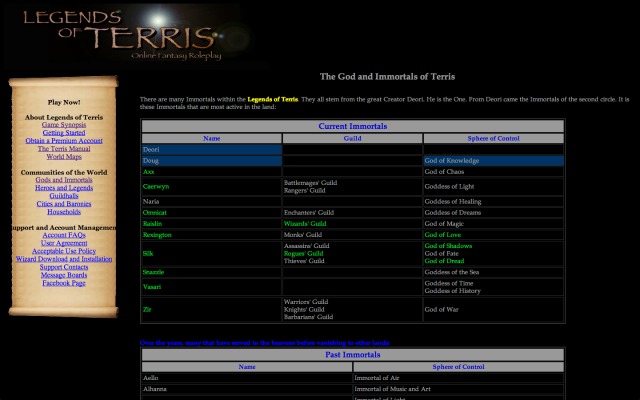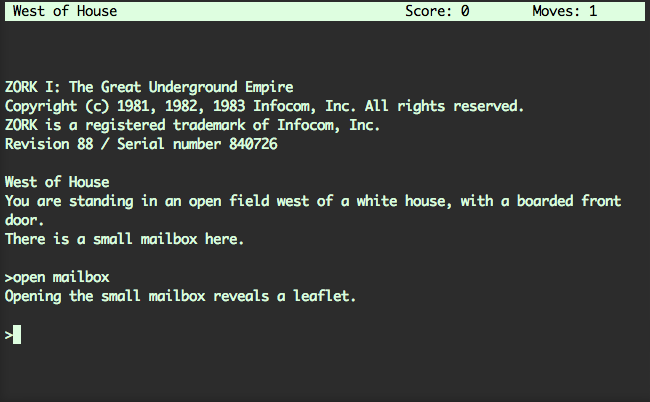“Anyone who makes a distinction between games and learning clearly does not know the first thing about either one.” Marshall McLuhan
Let’s apply that to online gaming, or video gaming. Studies show that online gaming changes your brain in a good way — creativity, multi-tasking and decision making. Gaming improves hand-eye coordination and vision for night driving. Researchers discovered that gamers can make decisions 25% faster than others — without sacrificing accuracy. They can pay attention to more than 6 things at a time and not get confused (compared to the normal 4 things).Women gamers have improved ability to manipulate 3D objects. I think I need to start gaming.
There seems to be cognitive, emotional, and motivational benefits to video gaming, as explained by Peter Gray PhD., in Psychology Today.
Violent games can depress the part of the brain that controls emotion, a possible downside, while at the same time increasing the positives. According to University of Wisconsin psychologist C. Shawn Green, other activities change the brain too — like reading and playing the piano. Gaming provides fast feedback and rewards you for concentration. A three year study of early teens found that those who played video games had higher standardized test scores in creativity.
This should make many parents happy. My boys were big gamers. In early 2000 my sons set up their room with two computers, side by side so they could enter the virtual world of Warcraft — each one with their own character. I had taken the bedroom door off entirely, so I could monitor what was going on — please, I’m a good mom. And I’m aware that it’s bad to let kids use a computer in a closed room. That room became quite the hang out as friends would come over, carrying their huge monitors and computers upstairs to join them in our home-based internet cafe. MMORPGs ruled the day.
I did have some rules. I didn’t like games with realistic humans killing others and I would hide the game called Half-Life because I thought it was too violent. I also didn’t let my kids play on Sunday. It was hard to monitor that, but initially I took the modem away and hid it. They would find it. Then I would lock it up in a big trunk. Eventually I went to the fuse box outside the house, and flipped the switch to their room and put a combination padlock on it for the day. I hate conflict — this was my way to avoid it; I didn’t have to say anything, they knew my rules — no playing games on Sunday.
I liked the games that were more imaginary, with monsters. They played Asheron’s Call for quite awhile. I like that one. My two sons, and their younger brother would sit in that room, bonding and fighting the villains in teams. They learned about armor, greaves and stuff like that. However, I think the younger son got relegated to some dumb character — a mule or something. Did we see anger emerge and frustration? Yea, and they learned to handle it.
OK, so are they damaged (they are in their 30s now)? They learned strategy. They are very creative. However, I think gaming can be addictive, and like everything else, we have to learn moderation in all things. But gaming has a place in learning. And maybe more when learning embraces the good part of gaming as noted in a study which found “action video game play robustly enhances the domains of top-down attention and spatial cognition, with encouraging signs for perception.”
For awhile my sons actually made money, building characters and selling them. They learned business strategy.
The first online game my sons played on the computer was text only — no pictures, no images, only text with the DOS prompt. It was called Terris. This was the early 1990s. And it was called, in computer gaming, a MUD (Multi-User Dungeon) a multi-user virtual word based only in text. When my sons started playing Terris, I was busy with my last baby. But I kept tabs on them. I realized that they learned to type really fast. So I was happy. And no violence or bad language. But now we are finding out that the violence relates to increased decision making skills and multi-tasking. Perhaps there is skill in learning to avoid violence in the midst of it.
The first computer game I tried was called Zork which I played in the early 1980s on an Apple IIc. I think I could get into gaming. I’ve always wanted to create a character and emerge on the scene where my son plays. But now it looks more complicated — you need more multitasking skills — and time.
I’ve always questioned the whole online gaming platform — is it ok or not? Am I letting my kids play too much? There is potential for good and bad. Like the Internet in general. We learn when we play games, and that’s why parents sign their kids up for team sports. It’s not just for exercise. It’s about working together, dealing with wins and losses, and not-so-nice people (yea, there’s violence in team sports too). Kids Learn to recover when losing a game in sports, or getting pwned in an online game. (gamer language for when you get “owned” — typos got the p in there instead of the o so it came out pwned.)
“Game designers have a better take on the nature of learning than curriculum designers. ” Seymour Papert, MIT
Educational designers need to harness the positive results of online gaming. Then maybe parents will relax a little when their kids are spending hours gaming.
Online games my sons have played:
Warcraft
Counter Strike
Command & Conquer
Asheron’s Call
Star Craft
World War Online
Half Life
Darkfall






